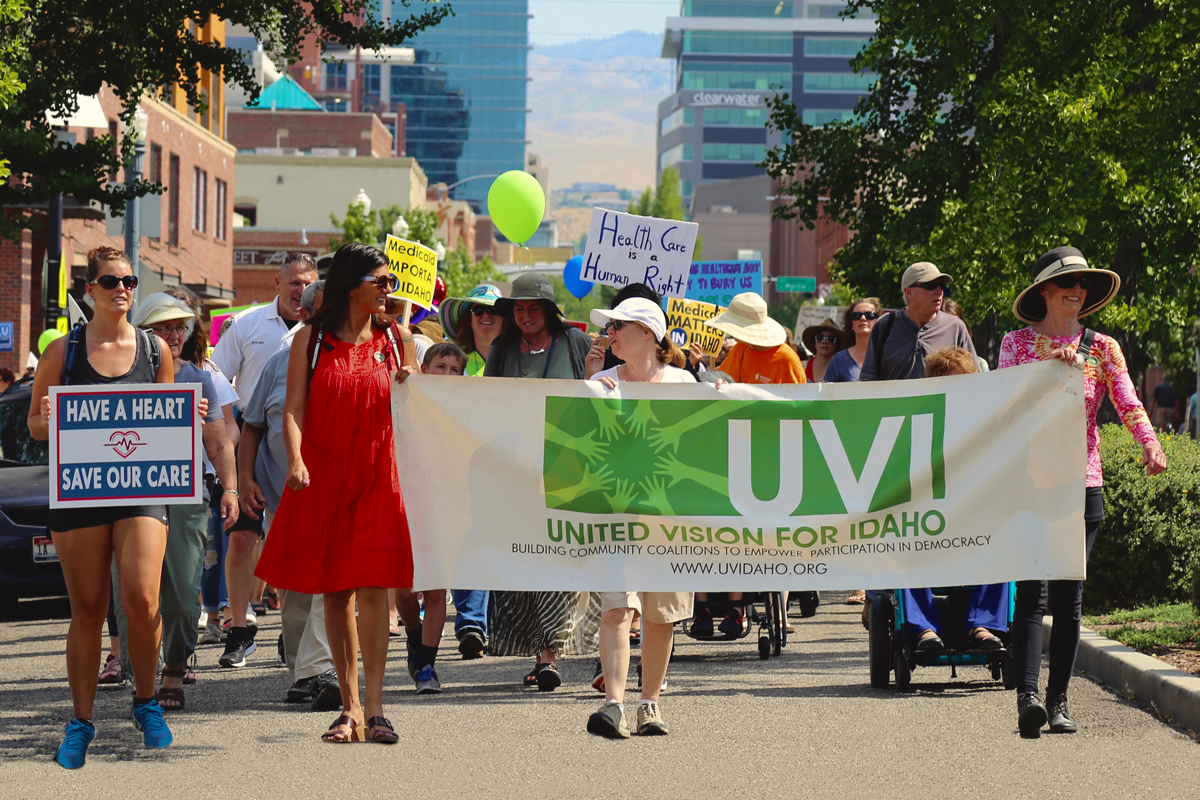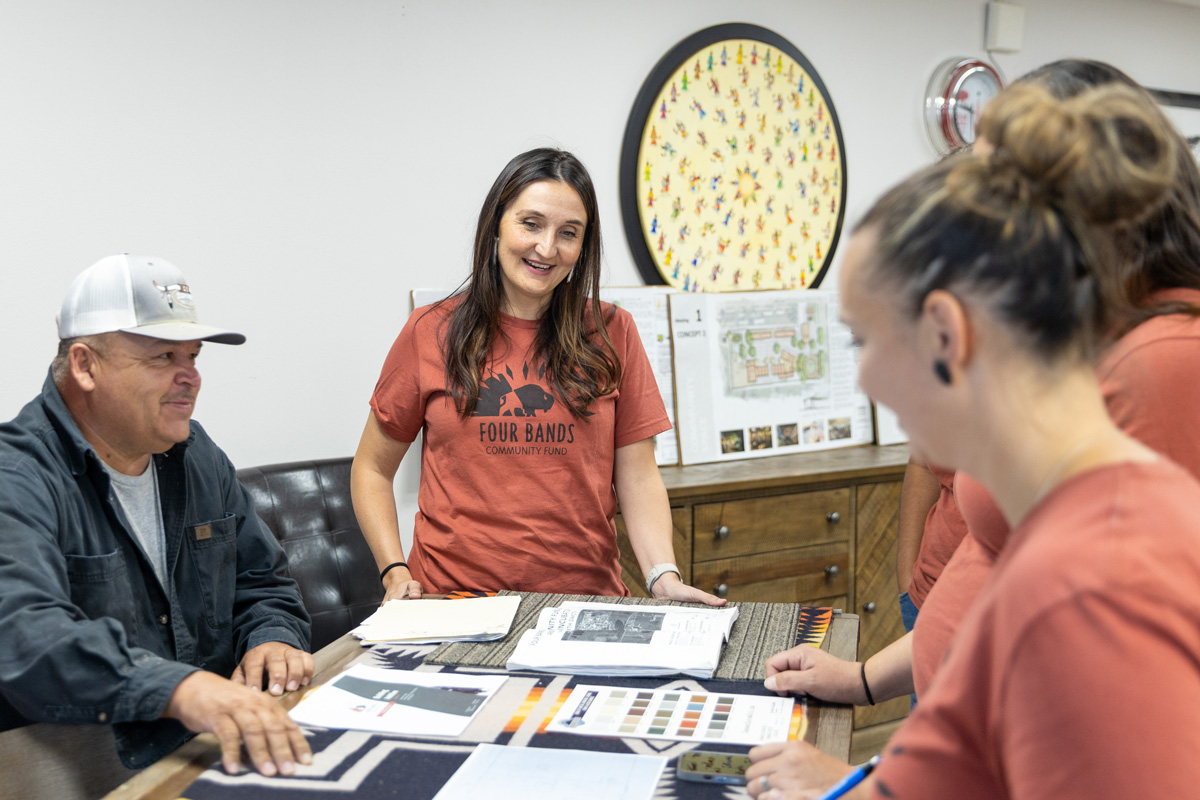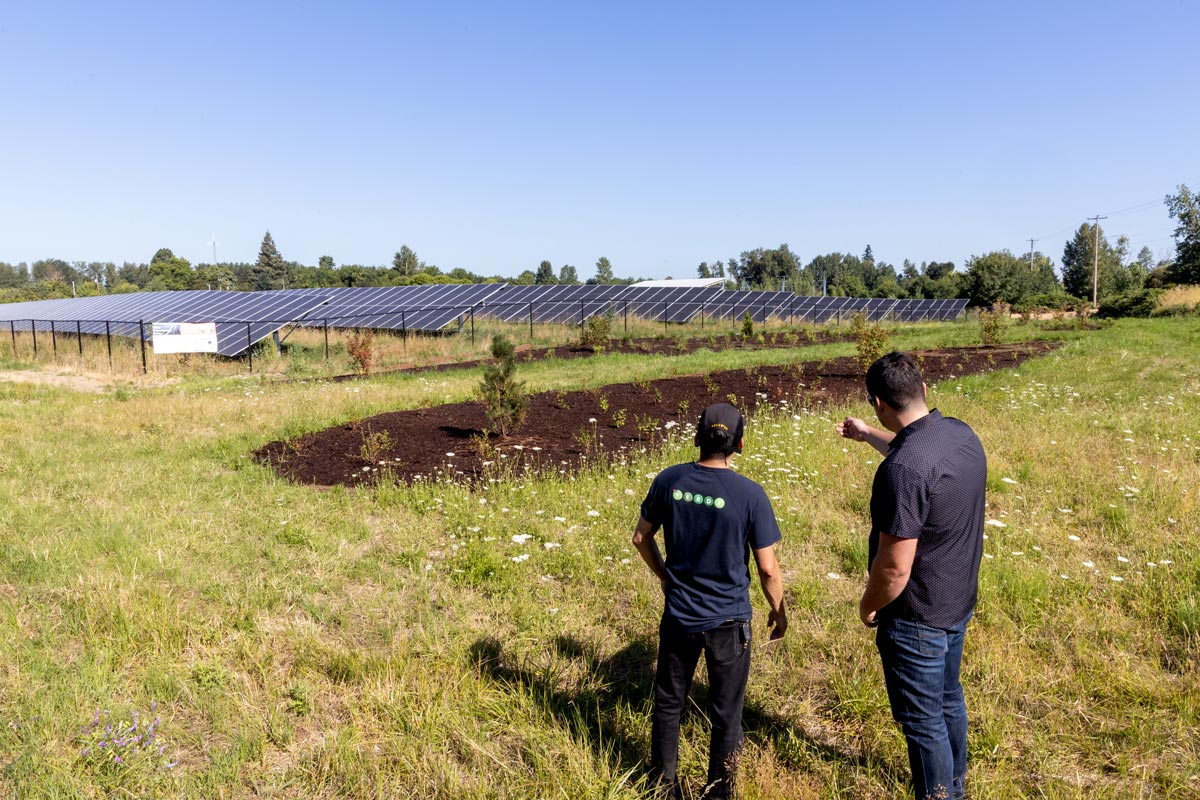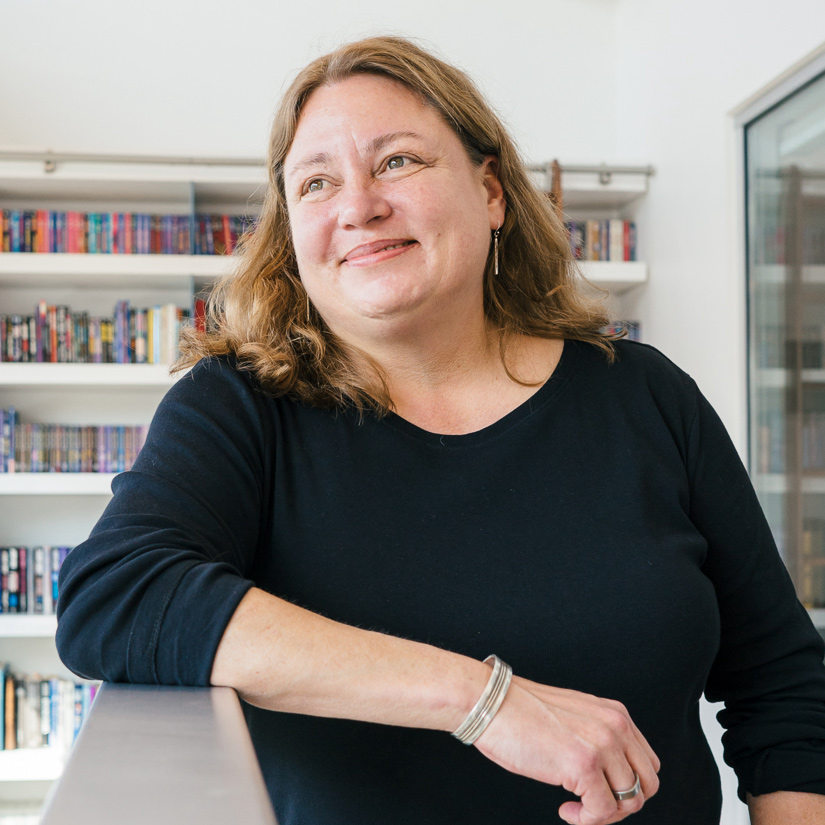
“To cast people as good or evil based on their community or point of view oversimplifies the reality: most people are much more complex than that. Recognizing and holding those complexities is the first step to forging real relationships based on shared core values.”
Adrienne Evans
Executive Director, UVI
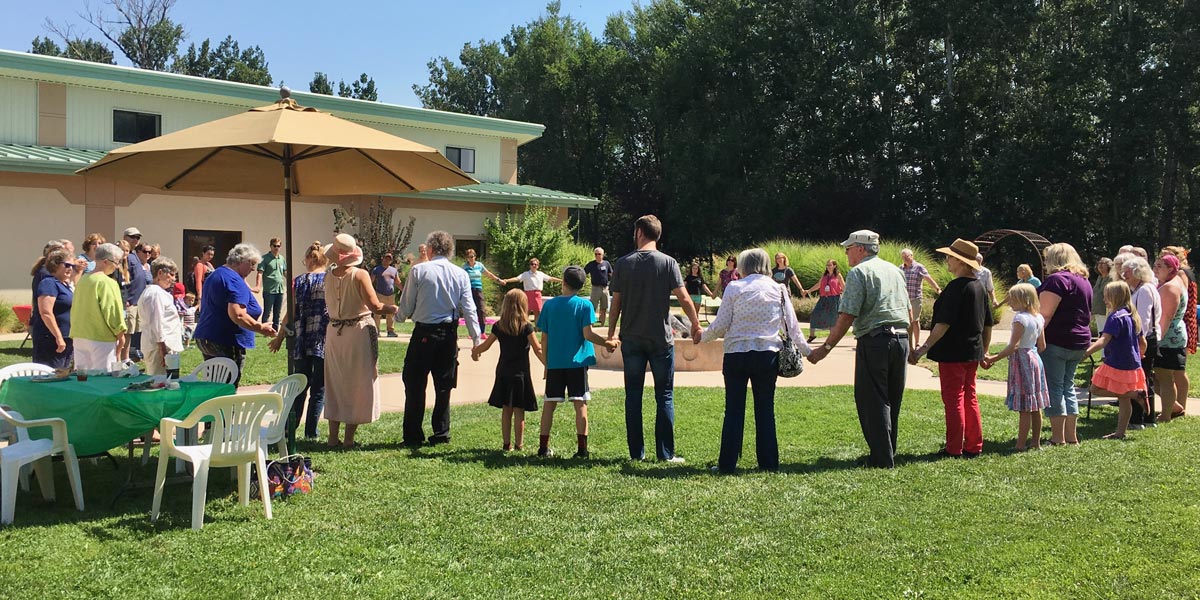
During a UVI cookout, attendees addressed the deepening division in their communities and raised money for families separated at the border. The event coincided with 50 other cookouts in rural conservative parts of the country. Photo courtesy of UVI.
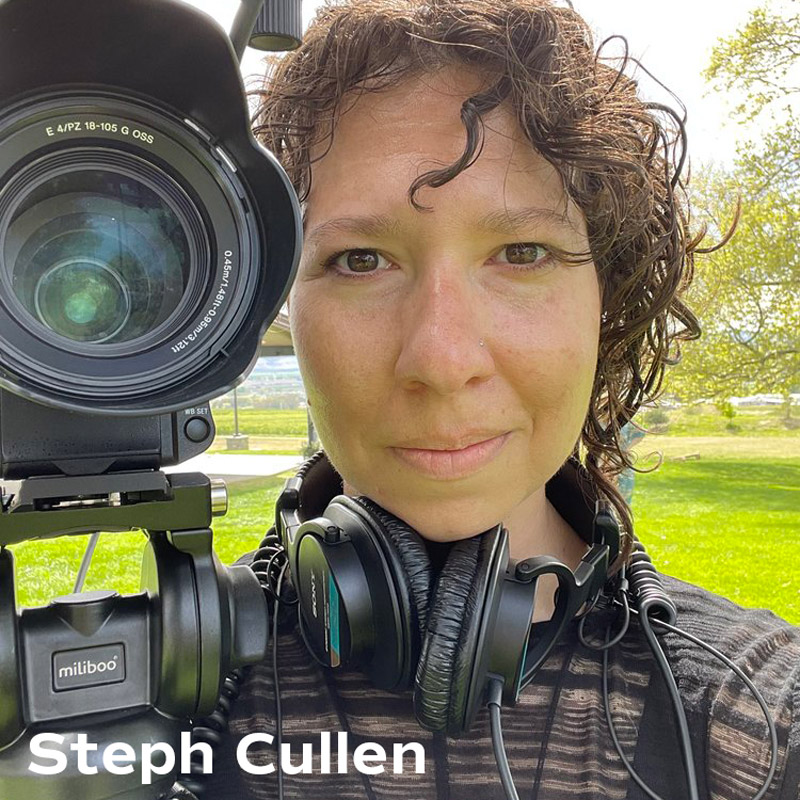
As a filmmaker collaborating with UVI on a documentary, Building a Movement to Meet the Moment, Steph Cullen (Kānaka Maoli), founder of OMG Media Outlet, has had a firsthand view of UVI’s approach. “UVI is more than organizing. They get people of different political views to have real, authentic conversations, not just butt heads,” she says.
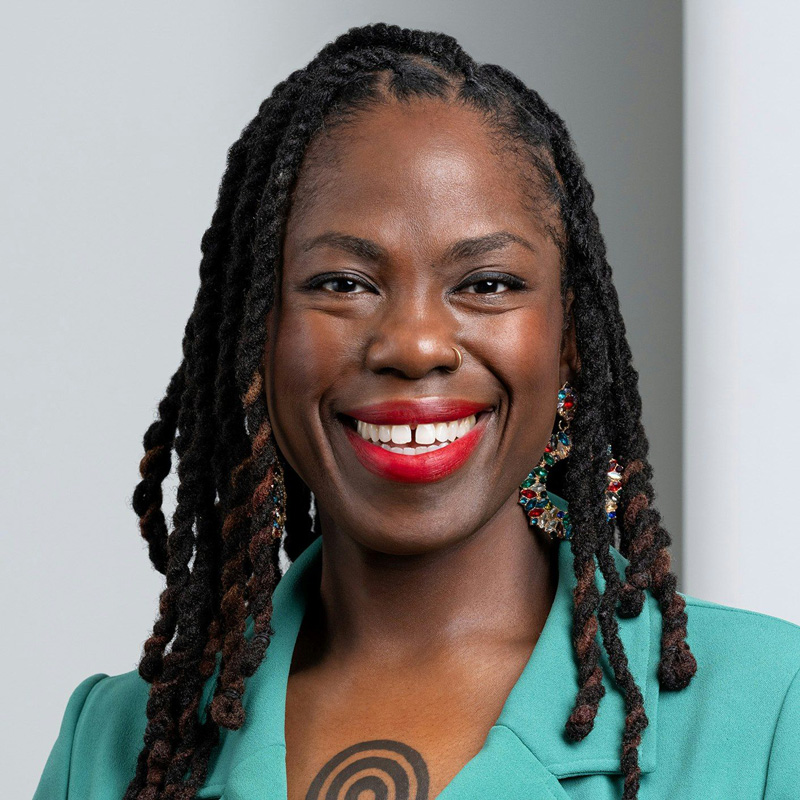
“UVI is doing the hard work of actually having conversations with people who are often ignored. . . . It’s going to take that deep work of building real community to help us change.”
Reverend Erica Williams
Tacoma-based spiritual leader, national social justice organizer, and international human rights advocate
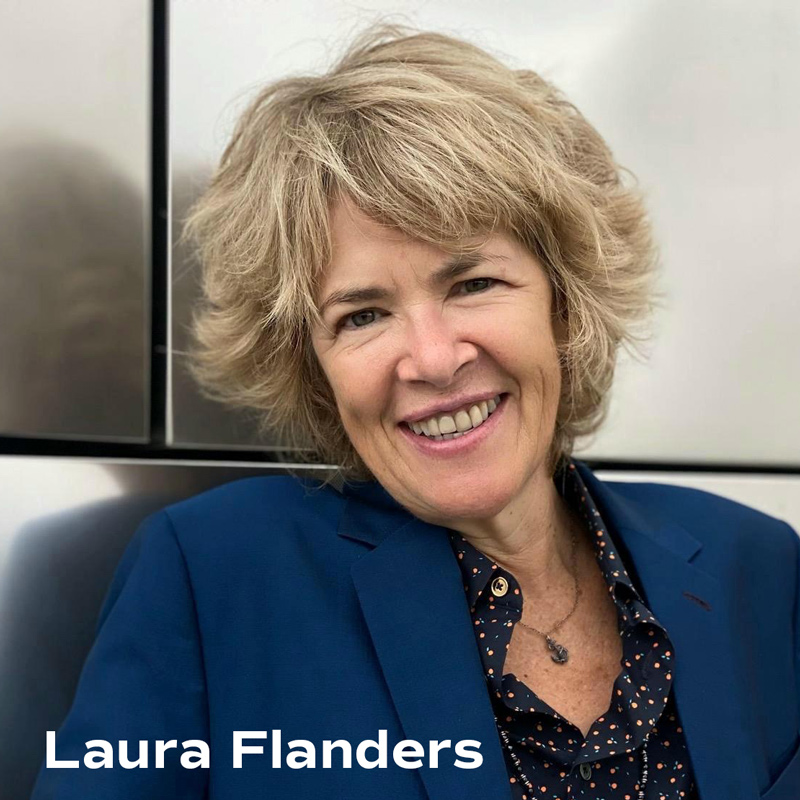
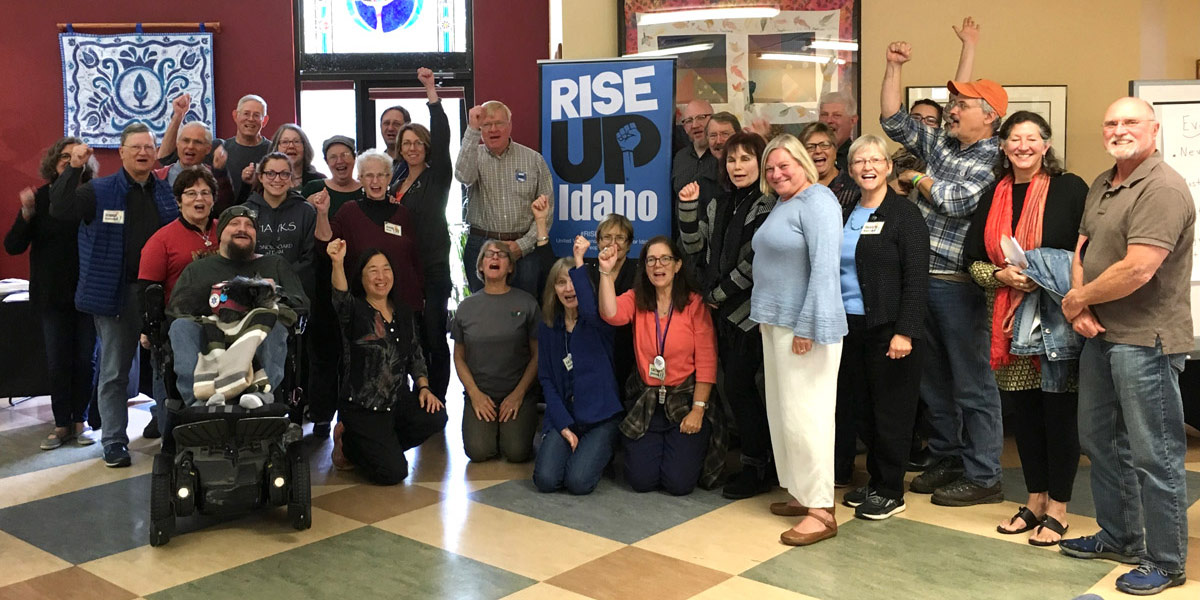
UVI’s launch of RiseUp, Idaho!, an outreach effort to rural communities in areas of escalating political extremism about their fears, struggles, and issues. The outreach resulted in the Idaho People’s Platform, a list of core motivators for families and communities that’s used to build consensus and take community action. Photo courtesy of UVI.
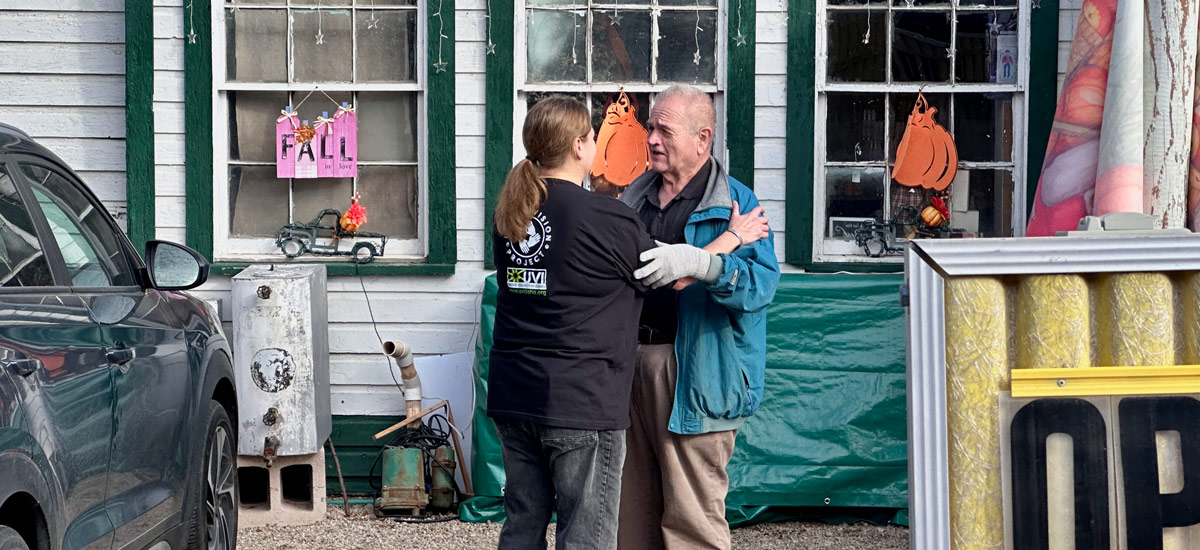
Randy, a vendor in a small Idaho town, thanked UVI’s executive director Adrienne Evans for visiting him and discussing social justice issues that led to his decision to discontinue selling Confederate flags and instead focus solely on selling local food and antiques. Photo courtesy of UVI.

